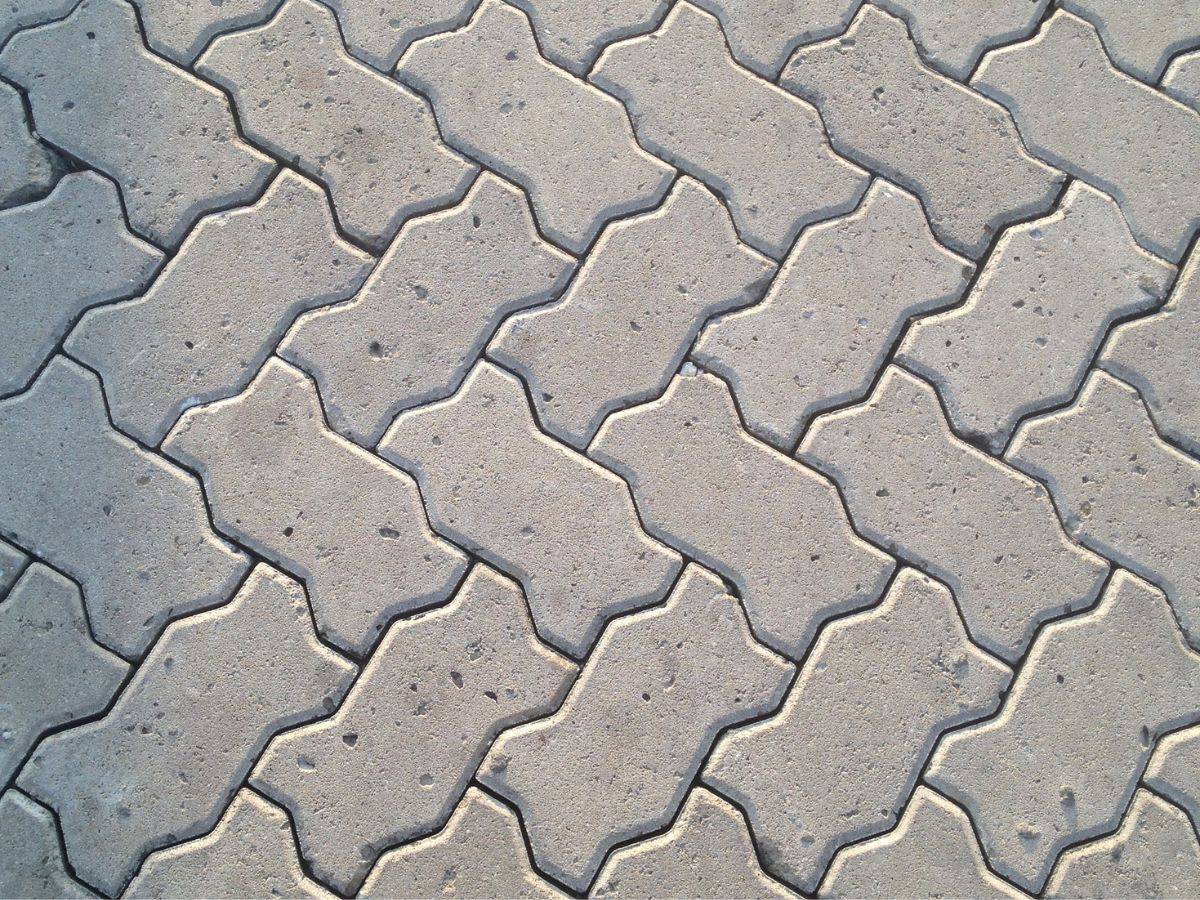
Mysore: The persistent challenge of single-use plastics has found a creative solution in Mysore, where the Municipal Corporation has successfully converted non-reusable plastic waste into interlocking tiles for footpaths.
This eco-friendly initiative is currently repurposing 2 tons of plastic waste every day, marking a significant stride in waste management.
The Mysore City Corporation partnered with Jagruth Tech Pvt Limited, a company specializing in innovative waste solutions. Under their agreement, the company has collected a staggering 350 tonnes of non-reusable plastic waste over six months, transforming 100 tonnes of it into durable ’tiles.’
These plastic tiles have not only been employed in various municipal projects but have also been used for paving footpaths. The success of this initiative has sparked interest in other cities, with companies in Chennai adopting a similar approach. Remarkably, these plastic tiles can withstand temperatures up to 150 degrees and are fire-resistant.
“The corporation has provided free space to Jagruth Tech in the Suez Farm Waste Disposal Unit of Vidyaranyapuram. Civic workers bring plastic-covered waste to this unit, where it undergoes sorting and processing. The resulting two-kilogram tiles cost 85 to 90 rupees to produce, making them a cost-effective alternative to cement tiles, which are priced at Rs 115 in the market,” said Mysuru City Corporation (MCC) AEE Madhukar.
Mysore has earned the distinction of being the second-highest plastic-recycling city in India, receiving an Extended Producer Responsibility (EPR) certificate from the Central Pollution Control Board. The EPR certification validates the steps taken by the city in recycling plastic, showcasing Mysore’s commitment to environmental sustainability.
Speaking to Siasat.com MCC Commissioner Asad ur Rehman Sharif expressed pride in the initiative, stating, “We started it with the objective of reducing the carbon footprint without harming the environment. This experiment of manufacturing tiles from plastic is the first in the country. So we hope to get a patent soon.”
The MCC’s innovative approach not only addresses the plastic waste crisis but also serves as a model for other cities to explore sustainable alternatives, emphasizing the potential for environmental protection and economic benefits.
